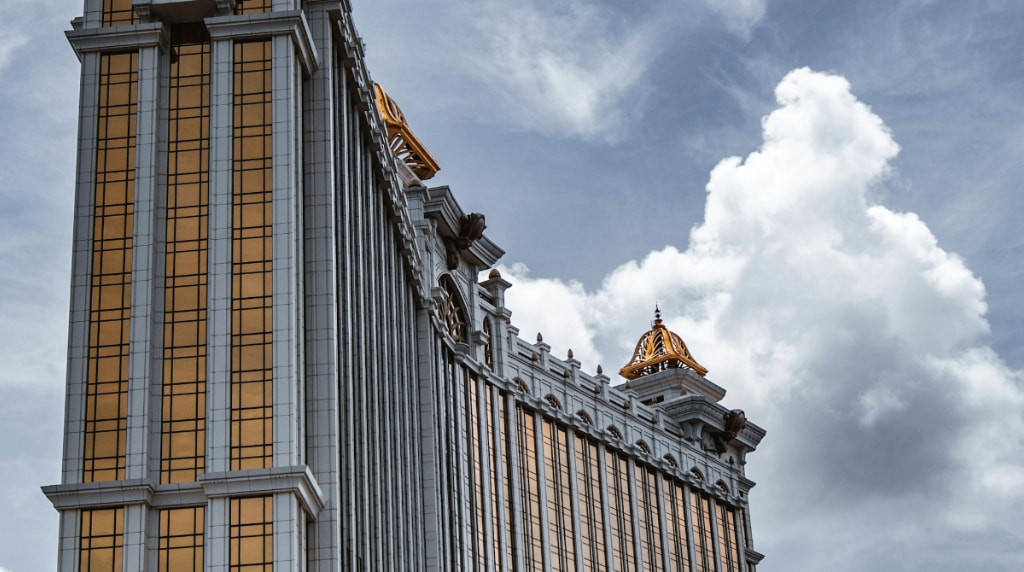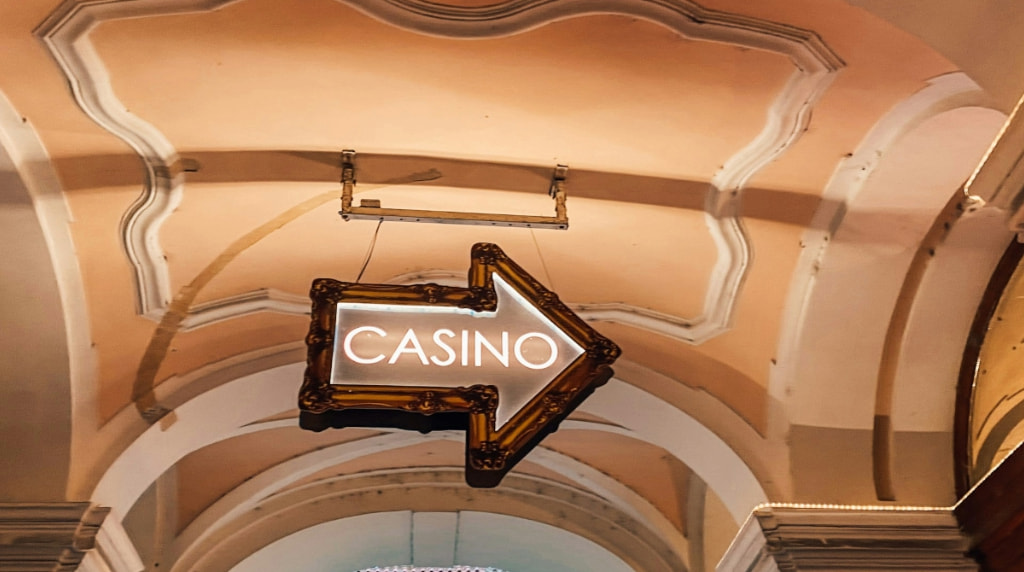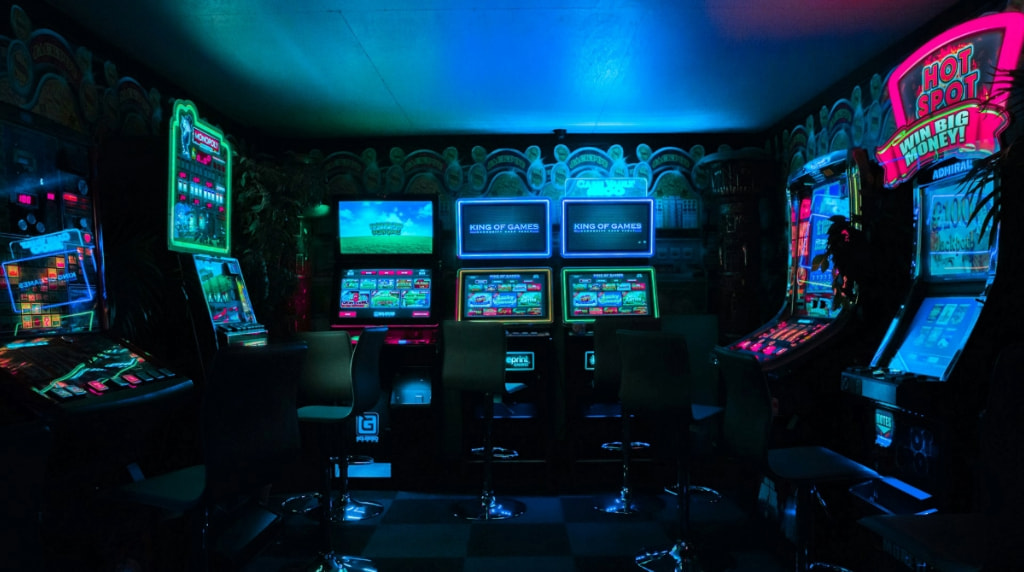Macau Casino Revenue Declines Amid New Gaming Restrictions
Macau saw growth of 24% in 2024, but sharp declines in December and January mean new gaming laws are biting hard.

Macau’s casino revenue up 24% for 2024. © hiurich granja, Unsplash
Key Facts:
- Macau’s Gross Gaming Revenue in January Declines 5.6% YOY
- Revenue also declined in December, marking the first back-to-back monthly drop in years
- Recent gaming regulations have slowed Macau’s growth in the past few months
Macau had yet another down month in casino gross gaming revenue, hauling in about $2.27 billion. While that is an eye-watering amount in most gambling jurisdictions, it caused a revenue decline in Asia’s largest gambling mecca.
This marks Macau’s first back-to-back monthly decline since the pandemic. The drop in gaming revenue can be attributed to several significant factors, one of which is that China remains mired in economic stagnation.
More than 75% of Macau’s gaming revenue is estimated to come from China. If growth in in the country slows, gaming in Macau should also slow down.
However, this largely ignores that 2024 GGR was up almost 24% for the year, though admittedly, it was only at 77.9% of 2019 levels. True, China’s economic prospects have improved this past year, and the country, like many in the West, seems to have avoided an outright Depression, instead working its way through something of a severe recession.
Most analysts are predicting much more subdued growth in 2025, with estimates around 5% on average, though they vary by about 20 basis points from analyst to analyst. Macau revenues peaked back in 2013 at $45 billion; this year’s $28.8 billion pales in comparison. Many have asked if Macau’s best days are behind it.
Crackdowns
China is determined to stop the illegal outflow of money from the country, a staggering amount of which runs straight through the heart of Macau. They have nearly eliminated the junket business, which openly flouted Beijing’s regulations on capital flight. Authorities continue cracking down on illegal loans designed to bypass currency controls or fund loan-sharking at exorbitant interest rates.
Wealthy gamblers fear increased scrutiny, so they frequent Macau’s casinos less often and go to destinations with less regulatory control. Today, over 75% of Macau’s gaming revenue comes from mass-market players, flipping the pre-pandemic trend, where VIPs dominated over 75% of play.
This summer, crackdowns on illegal money exchangers and many more police, including undercover agents on the casino floor, were bound to have an impact, and slowing growth in the fourth quarter is hardly a surprise.
In fact, the Las Vegas Strip has had six months of slightly declining revenues. So, it’s not just Macau that is dealing with global uncertainty around trade and interest rates.
Increase in Competition
The rise in competing gaming destinations in the Asia-Pacific region has also caused some decline. The fact is that Macau is no longer the only choice for gamblers in Southeast Asia. Countries like Singapore, the Philippines, and even Malaysia have developed integrated resorts with shopping malls, spas, Michelin-starred restaurants, and five-star hotels, attracting tourists who might have otherwise chosen Macau.
Macau’s Future
Macau is innovating new strategies to diversify its economy and counteract declining gaming revenue. Much like Las Vegas, it is expanding its appeal by introducing sports, arts, and outdoor activities into the visitor experience.
Macau’s decline has been almost 15 years in the making and stems from the pandemic and an aging population, tightening government regulations, and a sputtering economy.
For Macau to succeed in its transformation—while stamping out money laundering and capital flight—it must look beyond gambling and draw visitors from far beyond its Chinese border.




